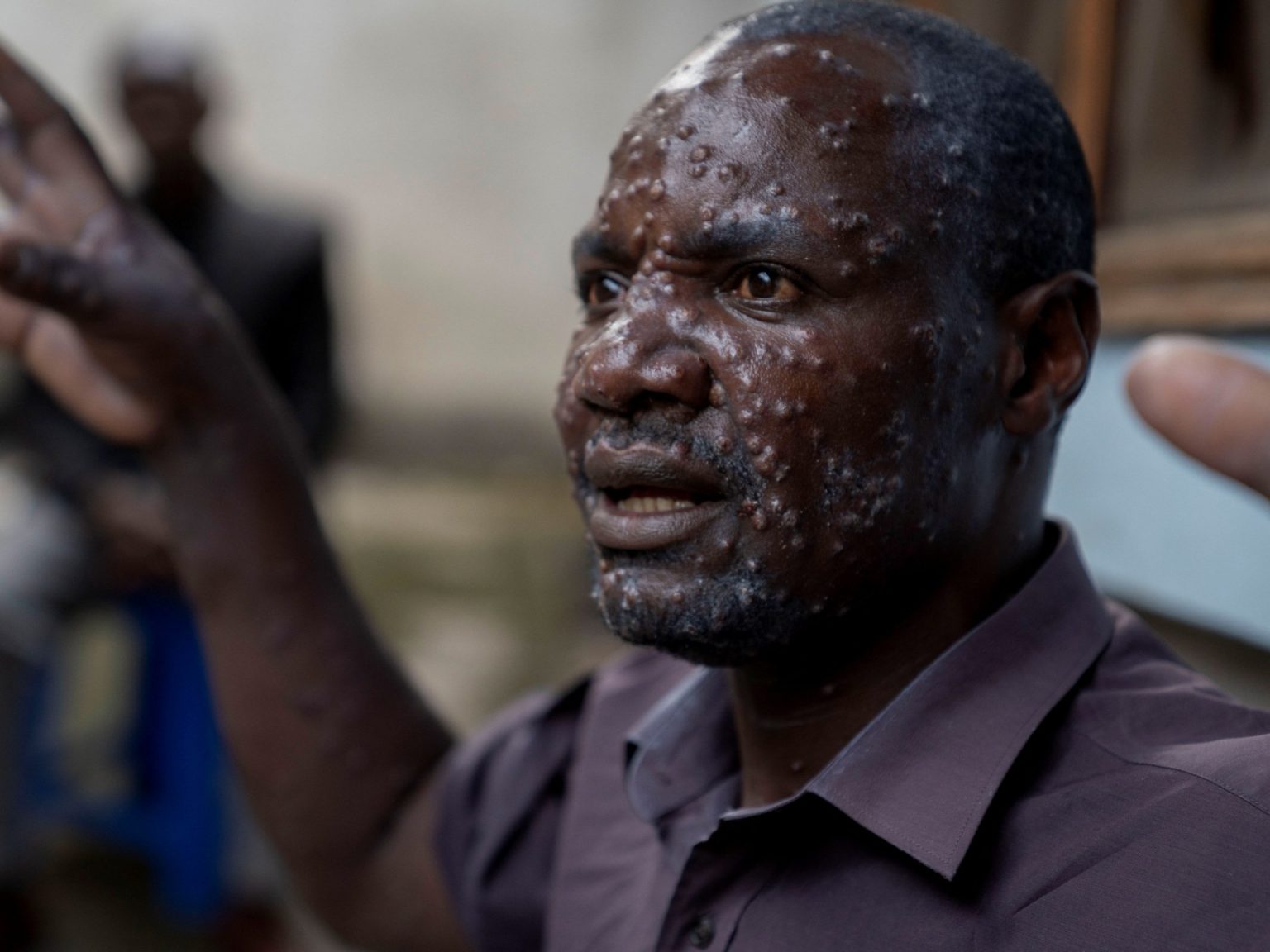The African Union’s health watchdog, the Africa Centres for Disease Control and Prevention (Africa CDC), has declared a public health emergency over the growing outbreak of mpox on the continent. The declaration was made by Jean Kaseya, head of Africa CDC, who emphasized the need for immediate action to address the situation. The outbreak has spread from the Democratic Republic of Congo to neighboring countries, affecting thousands of people and causing significant pain and suffering. As of August 4, there have been 38,465 cases of mpox and 1,456 deaths in Africa since January 2022. Mpox is transmitted through close contact and can cause rashes, flu-like symptoms, and pus-filled lesions, with severe cases posing a threat to vulnerable populations.
The outbreak of mpox has originated in the Democratic Republic of Congo (DRC) and has since spread to neighboring countries, with a new variant, known as clade 1b, proving to be more easily transmissible through routine close contact. The Africa CDC raised concerns about the rapid spread of the virus, reporting a significant increase in mpox cases and deaths compared to the previous year. This alarming trend has led to discussions at the World Health Organization (WHO) about declaring a Public Health Emergency of International Concern (PHEIC) in response to the new clade. These emergencies are declared in cases where there is a significant rise in cases that pose a threat to public health.
In 2020, the WHO declared a PHEIC in response to the coronavirus pandemic, and in 2022, a similar declaration was made due to an earlier outbreak of mpox. These declarations serve to alert health authorities to the urgency of the situation and mobilize resources to address the crisis. The WHO has played a key role in coordinating global response efforts to public health emergencies, including outbreaks of infectious diseases such as mpox. The WHO’s emergency committee is set to discuss the spread of the new variant and the possibility of declaring a PHEIC to address the growing threat posed by the virus.
The outbreak of mpox in Africa has underscored the importance of proactive and aggressive measures to contain and eliminate the disease. The Africa CDC’s declaration of a public health emergency highlights the need for collective action to mitigate the impact of the virus on vulnerable populations. Mpox can be particularly dangerous for children, pregnant women, and individuals with suppressed immune systems, underscoring the urgent need to prioritize their protection and well-being. The current outbreak has caused widespread suffering and disruption across the continent, necessitating a coordinated and comprehensive response to address the crisis.
The spread of the mpox outbreak across multiple African countries has heightened concerns about the virus’s impact on public health. The rapid transmission of the virus through close contact has made containment efforts challenging, requiring increased vigilance and response measures to prevent further spread. The Africa CDC’s decision to declare a public health emergency underscores the gravity of the situation and the need for immediate action to address the crisis. The WHO’s involvement in coordinating global response efforts to public health emergencies has been instrumental in mobilizing resources and support to affected countries in Africa and beyond.
In conclusion, the outbreak of mpox in Africa has prompted a coordinated response from the Africa CDC and the WHO to mitigate the impact of the virus and prevent further spread. The declaration of a public health emergency and discussions about declaring a PHEIC highlight the urgency of the situation and the need for collective action to address the crisis. The spread of the new variant of mpox has raised concerns about the virus’s increased transmissibility and its potential impact on public health. Efforts to contain and eliminate the virus are critical to protecting vulnerable populations and reducing the burden of disease in affected countries.












